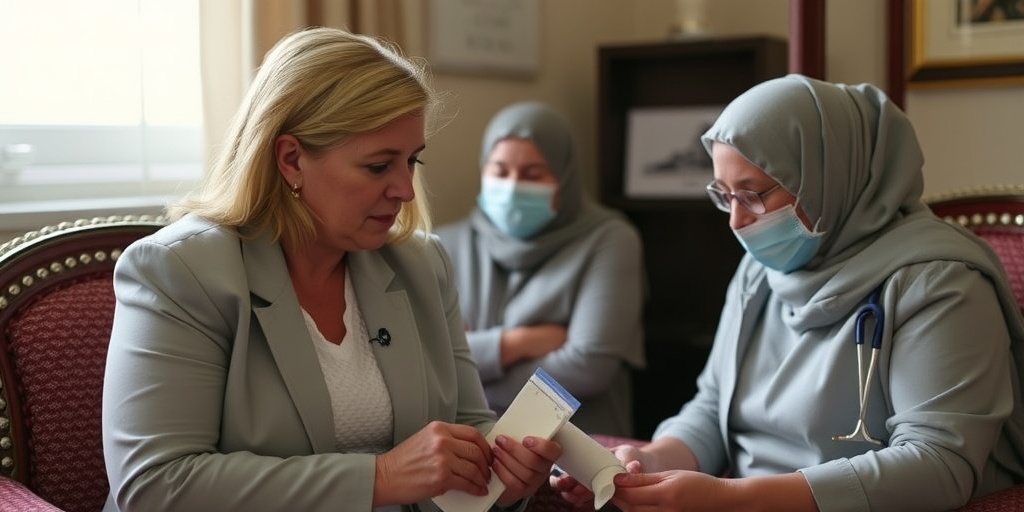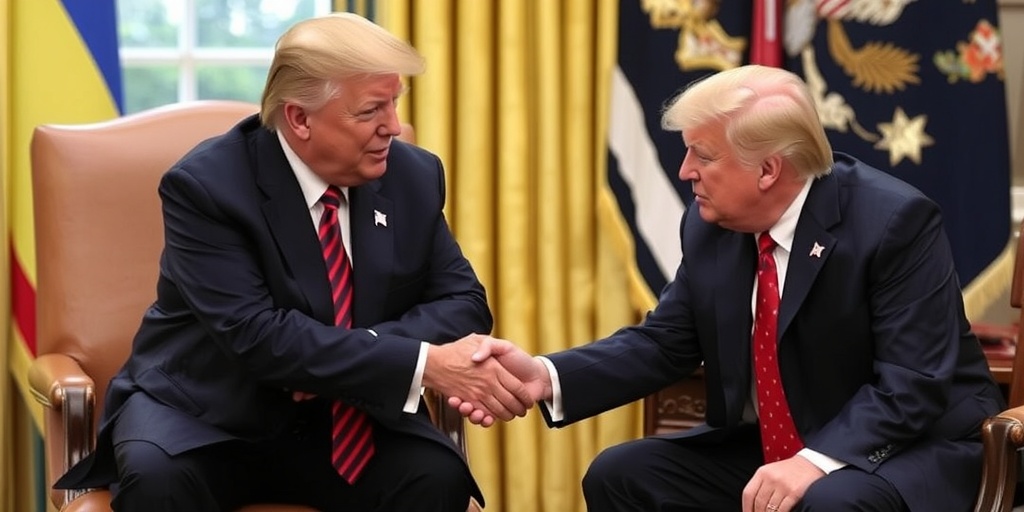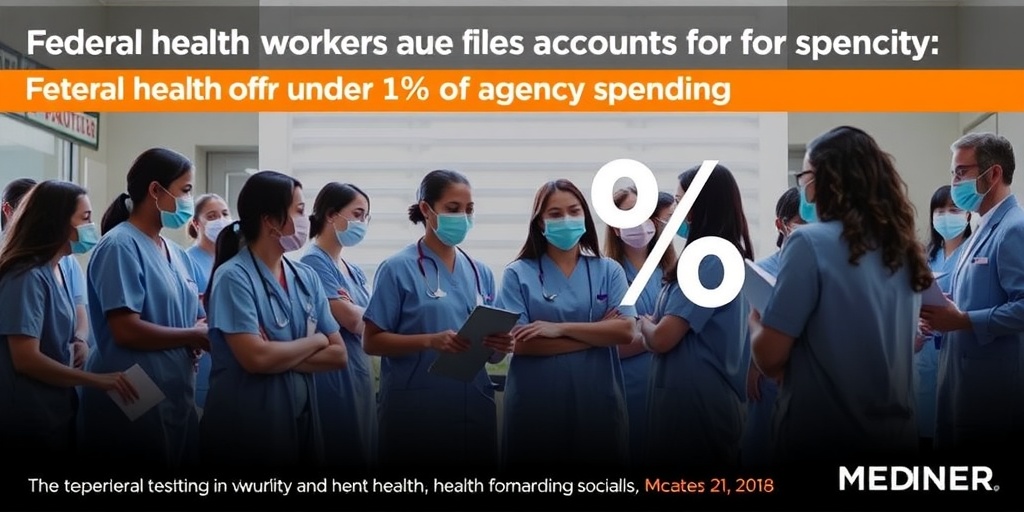Now Reading: Trump Aid Cuts Threaten Contraception Access for Millions of Women
-
01
Trump Aid Cuts Threaten Contraception Access for Millions of Women
Trump Aid Cuts Threaten Contraception Access for Millions of Women

Title: U.S. Cuts Funding for Family Planning Programs, Leaving Millions Without Access to Contraception
In a significant policy shift, the United States is ending its financial support for family planning programs across developing nations, a move that could potentially cut off access to contraception for nearly 50 million women. This reduction in aid has received minimal public attention amidst a broader overhaul of American foreign assistance, but experts warn of dire consequences, including increased maternal deaths and escalating poverty levels in affected regions.
In 2023, the last year for which comprehensive data is available, U.S. funding represented approximately 40 percent of the total governmental support for family planning initiatives in 31 developing countries, amounting to around $600 million, according to KFF, a health research organization. This substantial financial backing had enabled access to contraceptive devices and the necessary medical services for over 47 million women globally. It is estimated that the funding helped to avert approximately 17.1 million unintended pregnancies and 5.2 million unsafe abortions, as reported by the Guttmacher Institute, a sexual health research organization. The cessation of this vital support may lead to an estimated 34,000 preventable maternal deaths every year, according to Guttmacher’s analysis.
Marie Ba, coordinator for the Ouagadougou Partnership — an initiative aimed at improving access to family planning in nine West African nations — expressed her concern over the magnitude of the impact this policy reversal could have. The funding cuts are part of a larger initiative undertaken by the Trump administration, which has systematically dismantled the United States Agency for International Development (U.S.A.I.D.). The State Department, which has absorbed many of U.S.A.I.D.’s functions, has not commented on the cessation of family planning funds. Secretary of State Marco Rubio has characterized these terminated aid projects as wasteful and misaligned with U.S. strategic interests.
Historically, support for family planning in the poorest and most populous countries has been a longstanding policy goal of both Democratic and Republican administrations, seen as essential in fostering political stability while also decreasing the number of women seeking abortions. The countries that will feel the greatest effects of this funding cut include Afghanistan, Ethiopia, Bangladesh, Yemen, and the Democratic Republic of Congo.
Congress appropriates the funds for international family planning programs, which were extended in the most recent spending bill that allows the U.S. government to operate through September. However, the State Department’s decision to terminate these programs is currently the subject of multiple lawsuits in federal courts.
Under the previous administration, funding from the U.S. was also directed towards the United Nations’ sexual and reproductive health agency, U.N.F.P.A., the largest global supplier of contraceptives, of which the United States was the largest donor. The abrupt withdrawal of U.S. funding has resulted in disruption within the distribution system, causing clinics to run out of necessary supplies. Reports indicate that about $27 million worth of family planning products, already procured by U.S.A.I.D., are stuck at various stages of the delivery process, and plans discussed by U.S.A.I.D. officials may lead to destroying these resources.
Dr. Natalia Kanem, the executive director of U.N.F.P.A., highlighted the catastrophic impact of these cuts, noting that the poorest nations lack the resilience to cope with such abrupt changes. The United States also funded data systems that allowed governments to monitor contraceptive stock levels, but these systems have ceased to function following the Trump administration’s orders to halt work on U.S.A.I.D. funded programs.
In Zambia, Bellington Vwalika, a professor of obstetrics and gynecology, noted that contraceptive shortages were beginning to emerge, as the U.S. had previously covered a quarter of the country’s family planning budget. This poses a dilemma for low-income families that often have to choose between basic necessities and contraception.
Despite the absence of U.S. funding, recent years had seen progress in increasing the demand for contraception in Africa, where traditional methods are prevalent. Initiatives focused on long-acting contraceptives, backed by improved healthcare infrastructure, had successfully expanded access in rural areas.
The impact of these cuts extends to women like Thelma Sibanda, a 27-year-old living in Zimbabwe’s Harare. She recently received a hormonal implant at a pop-up clinic that previously received U.S.A.I.D. funding. With a limited income, she had long sought reliable contraception but could not afford it. Following the funding cut, the clinic has been forced to halt many of its services.
While organizations such as MSI Reproductive Choices have stepped in to provide temporary funds, the situation remains precarious. Many women may be compelled to seek contraceptives in the private market, where prices are likely to rise significantly in the absence of U.S.-backed bulk purchases.
Currently, the Netherlands and Britain, the second and third-largest donors to family planning initiatives, have announced similar cuts to their aid budgets, exacerbating the crisis. In West Africa, efforts are underway to mobilize domestic funds to fill the void left by American funding, but experts contend that the gaps may be insurmountable.
The recent withdrawal of U.S. support has caused apprehension about the future of family planning in developing regions, countering years of progress made in empowering women through access to contraception and essential reproductive health services. As millions of women now face an uncertain future without these crucial resources, the global community must work to find alternative solutions to fill the funding gap.
Stay Informed With the Latest & Most Important News
Previous Post
Next Post
-
 01New technology breakthrough has everyone talking right now
01New technology breakthrough has everyone talking right now -
 02Unbelievable life hack everyone needs to try today
02Unbelievable life hack everyone needs to try today -
 03Fascinating discovery found buried deep beneath the ocean
03Fascinating discovery found buried deep beneath the ocean -
 04Man invents genius device that solves everyday problems
04Man invents genius device that solves everyday problems -
 05Shocking discovery that changes what we know forever
05Shocking discovery that changes what we know forever -
 06Internet goes wild over celebrity’s unexpected fashion choice
06Internet goes wild over celebrity’s unexpected fashion choice -
 07Rare animal sighting stuns scientists and wildlife lovers
07Rare animal sighting stuns scientists and wildlife lovers





















